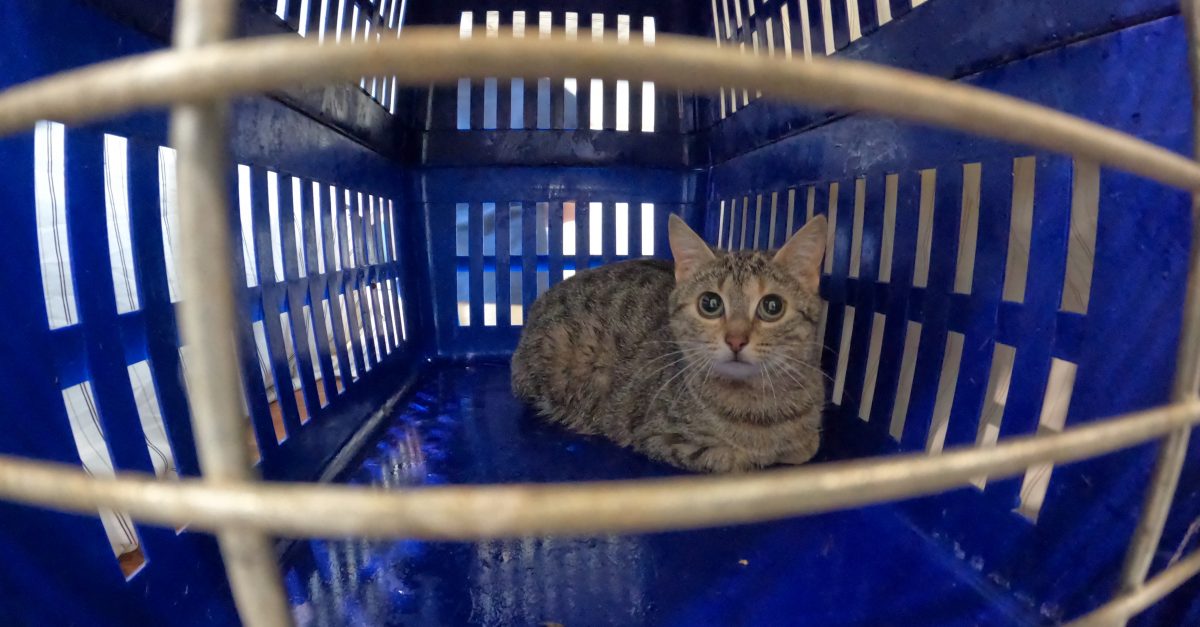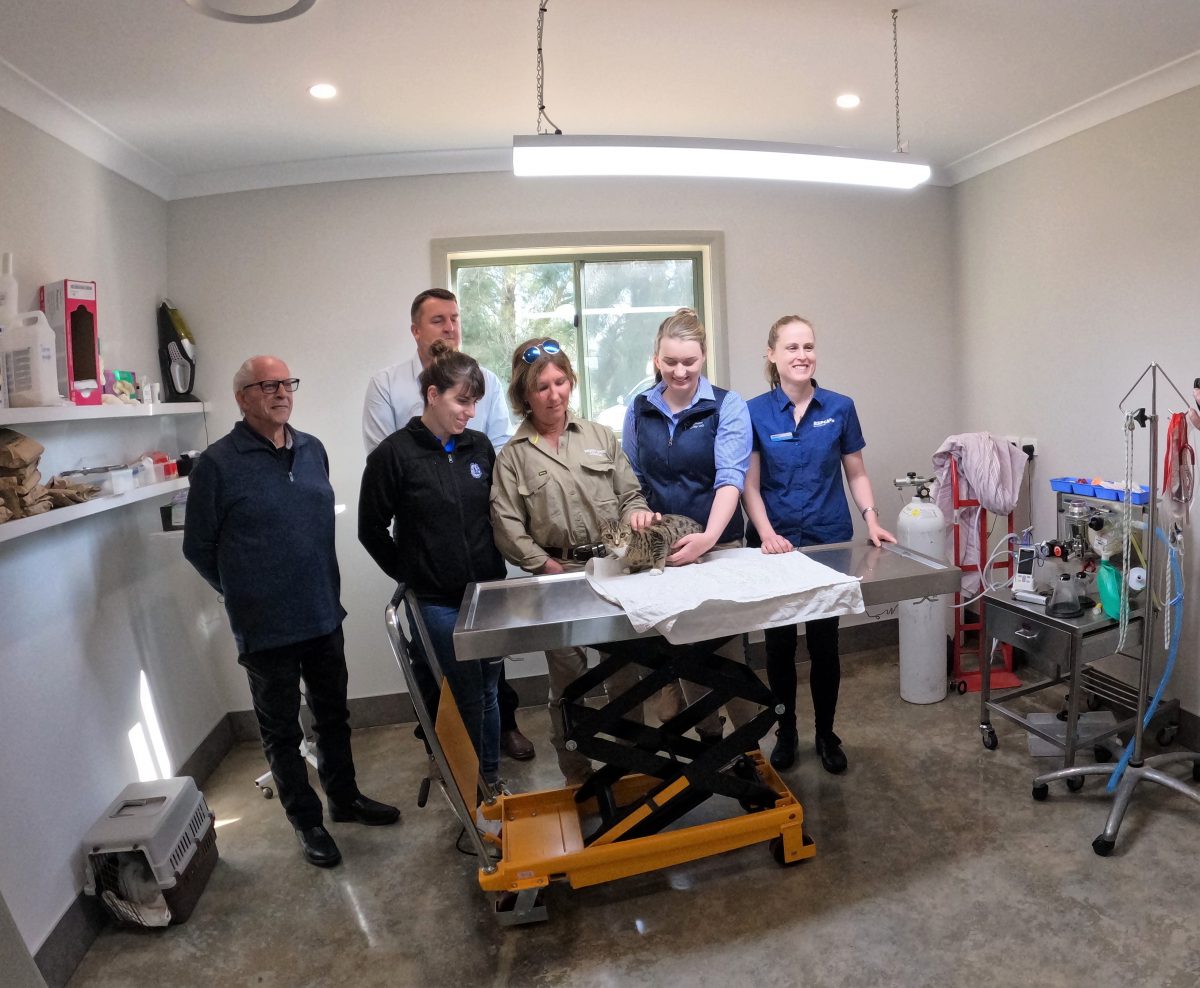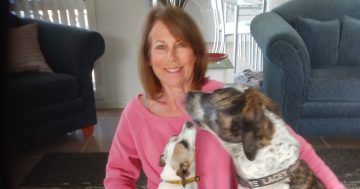
It’s a cat’s life out in Weddin Shire as the council, Landcare, the RSPCA and vets combine to curb the feline population. Photo: Weddin Shire Council.
Out at Caragabal, west of Young and a kayak paddle from Grenfell, a kindly neighbour took pity on a cat left homeless after its owner suddenly died.
In a story where the compassionate shall remain nameless, it wasn’t long before the one cat became a colony of 15 semi-domesticated and feral cats; far too many meowing mouths to feed, and 15 reasons why Weddin Shire Council staff are patting themselves on the back.
Hand in hand with Lachlan Valley Vets, last week the council undertook the successful neutering of 100 cats as part of its strategy to address the overpopulation and welfare of cats in its local council area.
Among them were the 15 cats, which, thanks to the council’s ranger, Allison Knowles, were successfully microchipped and desexed courtesy of, in part, a few cat traps and carriers.
Allison said she worked closely with the resident to ensure the cats could be safely caught, wrangled and transported for the procedures.
Without that assistance, it was likely the future cat population of Caragabal would have been insurmountable.

Smiles all round for the team who last week successfully desexed and microchipped 100 cats, including a cluster of 15 from Caragabal. Photo: Weddin Shire Council.
“It’s not the only example,” she said. ”I am working with families who have up to 40 cats, so that’s going to take a while to get that done.”
The initiative is one of seven evidence-based, best-practice free cat desexing and microchipping programs currently run through RSPCA NSW’s Keeping Cats Safe at Home Project.
For Allison, it was a positive example of how local councils can work with their community, vets and RSPCA NSW to achieve excellent welfare outcomes for cats, native wildlife, and the community.
“Weddin Shire Council greatly appreciates the support and assistance the RSPCA, Lachlan Valley Vets, and partnering financial stakeholder Weddin Landcare have provided in developing and undertaking the project,” she said.
“It is with this support that the council has been able to reach the milestone of 100 cats being desexed and microchipped. Council is looking forward to continuing with the project in the future.”
The desexing milestone also meant the program had reached its target of desexing 30 cats for every 1000 people in the Weddin shire alone.
Allison said the project had prioritised assisting members of the community with multiple cats or those who cared for stray cats around their homes.
She said it had allowed the council to reach out to a large proportion of the public to instigate education surrounding the benefits of not only microchipping and desexing their cat, but also keeping cats safe and happy indoors.
RSPCA NSW Keeping Cats Safe at Home project manager Dr Gemma Ma said Weddin Shire Council’s desexing achievement represented the future of local cat management.
“It is the answer to reducing cat euthanasia rates and keeping cats out of pounds and shelters, and it reduces the impact on local wildlife,” she said.
Dr Ma said continuation of the program in the area over the next two years would build on the initial target of 100 cats and improve access to basic veterinary services for cats and the people who love them.
She said proactive, targeted cat desexing programs could be applied by any council and tailored to specific local challenges.
“It is through collaborating with local councils and vets on programs like these that we can make sure no cat has to live on the streets, and that every cat has the chance to find a safe and permanent home,” she added.
To learn more about how RSPCA NSW can assist councils to develop cat management plans and implement their own programs to proactively manage cats in their community, contact [email protected] and join the ‘Cat-ch up!’








